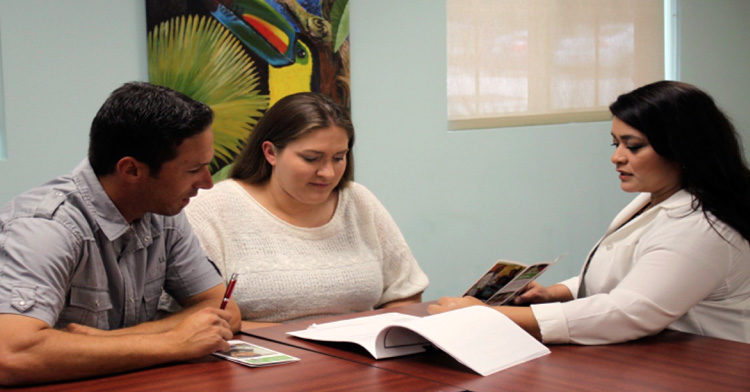
Patient and Family Centered Care
Totally Kids is proud to embrace the patient and family-centered approach to healthcare. We believe, as does the Institute for Patient-and Family-Centered Care (IPFCC), that families play a vital role in the recovery and well-being of their loved ones. Therefore, we value the input of family members as active participants in the care and treatment of our patients. Additionally, we value the input and feedback of our patients because they are the primary recipients of our services. The combined input and feedback from patients and families is paramount to our continuous improvement.
As we aim to become true practitioners in patient and family centered care, we seek to create a partnership between our patients, their families, and ourselves as healthcare providers. In essence, we will be redefining our relationship while achieving mutual benefits in the process. The achievement of mutual benefits is, in effect, the purpose of a partnership. The patient and family centered care approach will lead to better health outcomes, wiser allocation of resources (for example, patients and family members may provide input to help shape our internal policies or help design new facilities), and increased satisfaction by patients and their families.
In other words, patients and their families have a voice, and that voice will help us improve every day. As we improve, patients will experience positive and successful outcomes, families will be satisfied, and we will continually provide an even higher level of excellence.
To that end and as we begin our implementation, we remain focused on the Core Concepts of Patient and Family Centered Care, as provided by the IPFCC. These concepts illustrate how patient and family centered care is carried out in any healthcare facility that embraces it. These concepts read as follows:
- Dignity and Respect. Health care practitioners listen to an honor patient and family perspective and choices. Patient and family knowledge, values, beliefs, and cultural backgrounds are incorporated into the planning and delivery of care.
- Information Sharing. Health care practitioners communicate and share complete and unbiased information with patients and families in ways that are affirming and useful. Patients and families receive timely, complete, and accurate information in order to effectively participate in care and decision-making.
- Participation. Patients and families are encouraged and supported in participating in care and decision-making at the level they choose.
- Collaboration. Patients, families, health care practitioners, and leaders collaborate in policy and program development, implementation, and evaluation; in health care facility design; and in professional education, as well as in the delivery of care.
As part of our implementation, in the next few weeks we will carry out the process of instituting our very own Totally Kids Patient and Family Advisory Board. The board will be comprised of a group of patients, family members, and members of our staff. The board will operate under the leadership of our Family Liaison, Ryan Murphey.
We look forward to this strong and redefined relationship between patients, families, and Totally Kids. Stay tuned for updates on the continued progress of the Totally Kids Patient and Family Advisory Board, and the benefits gained by the groups it represents!